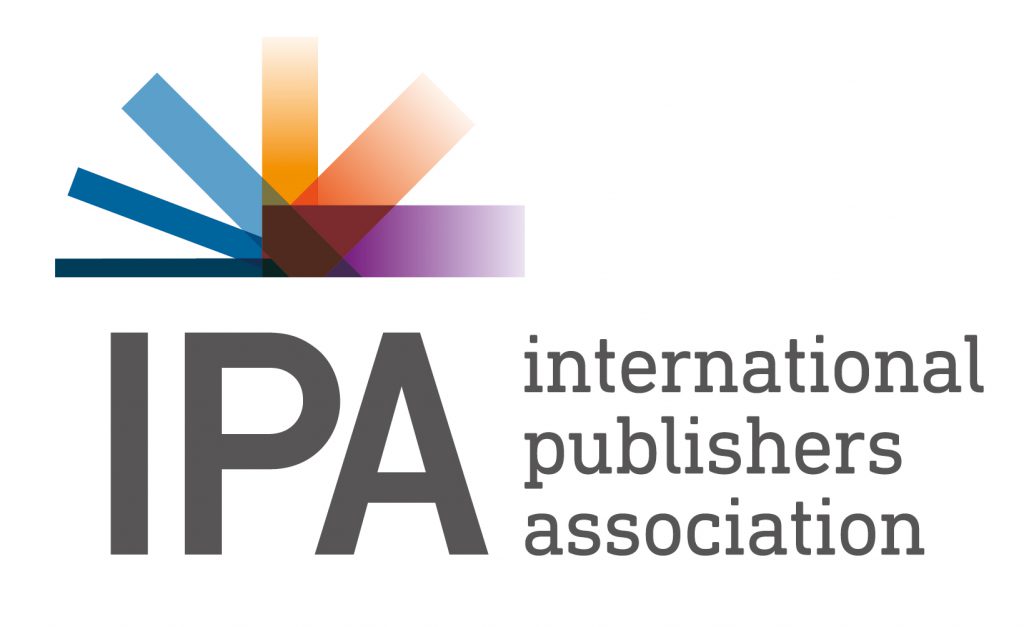The move has been roundly condemned within Hungary. Educators fear the law will be pedagogically harmful: Zoltan Pokarni, head of Hungary’s Committee for Education, Science and Research and a member of the governing party, was among those to vote against the law.
Péter László Zentai, Director of the Hungarian Publishers’ and Booksellers’ Association, told the IPA: “The publishers that have been deprived of their market will presumably have to turn to the Strasbourg court. The sad thing is, even if the court finds in their favour in three or four years’ time, they will all have gone bankrupt by then”.
Graham Taylor, Chairman of the International Publishers Association’s Education Committee, was baffled by the move.
He said: “This used to happen all the time in Africa in the 1980s, invariably leaving a wasteland of under provision when the state scheme collapsed under its own weight. I never thought I would see anything like this in Europe. Teachers should be free to choose the textbooks they use with their students, not have then imposed by state bureaucrats”.
Jens Bammel, Secretary General of the IPA, was similarly damning in his criticism. “This measure will destroy educational publishing in Hungary. These policies have failed so often that we did not seriously expect any government to even consider them”.

